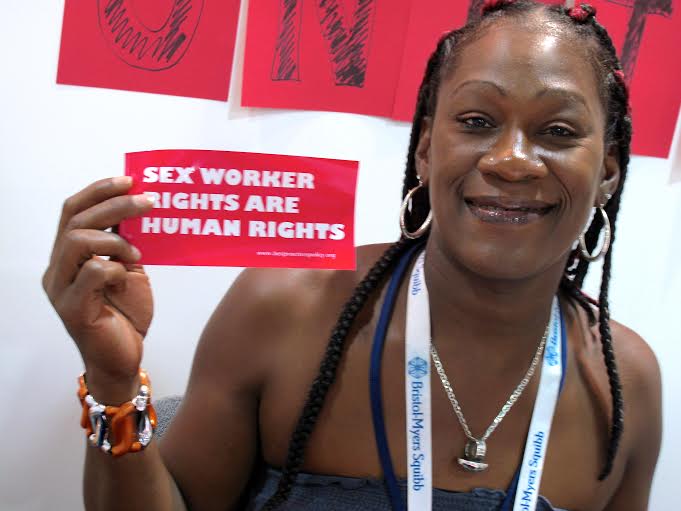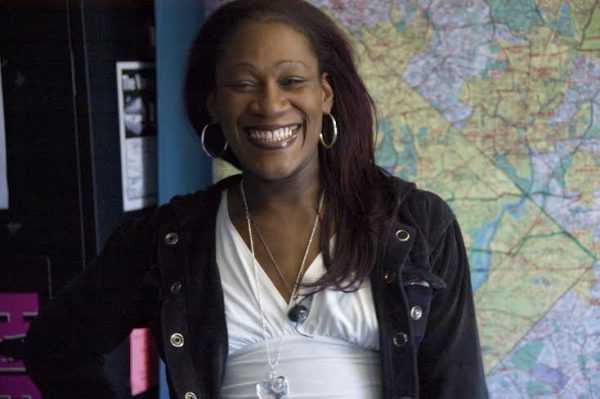
Sharmus Outlaw, longtime trans, HIV, and sex workers’ rights activist, died in hospice care at the age of 50 on July 7th from lymphoma. Her death was hastened by systematic healthcare bias: she endured a long delay in processing her Medicaid application because doctors were “confused” by her gender marker, and faced numerous other difficulties accessing treatment as a Black trans woman.
An integral figure in the Washington D.C. activist community, Outlaw played a major role in local organizations like HIPS, Us Helping Us, Sexual Minority Youth Assistance League, Different Avenues, Casa Ruby, Transgender Health Empowerment, and Metro Teen AIDS. She contributed her leadership to many national and international sex workers’ rights groups, such as NSWP, Desiree Alliance, Red Umbrella Fund, and Best Practices Policy Project, as well. She spoke at the International Harm Reduction conference in 2007 and as a representative of the global sex workers’ rights movement in 2011 before the High Income Countries Dialogue convened by the Global Commission on HIV and the Law. In 2009, she was presented with the Port in the Storm Award by the Washington Peace Center for her work with HIPS. Outlaw was also essential to the publication of two seminal sex worker led research papers: Move Along: Policing Sex Work in Washington, D.C. (2008) and Nothing About Us, Without Us: HIV/AIDS-Related Community and Policy Organizing by U.S. Sex Workers (2015), which she she co-authored.
Readers can donate to Outlaw’s memorial fund here.
Her friends in the community remember the way she changed their lives for the better:
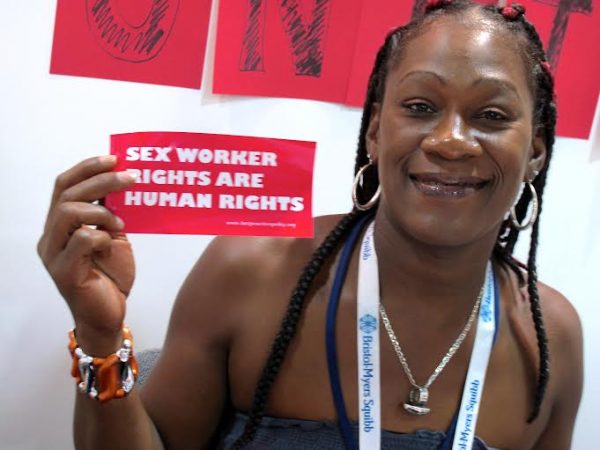
GiGi Thomas:
There was this young black queen, three months clean from drugs and alcohol. She was sitting in the bookstore when a beautiful black queen offered her some life saving materials. The woman said her name was Sharmus and she was just trying to help save people’s lives.
Not only did she save my life, she pushed me forward to advocate for others, become a leader in the community, receive my Masters in Social Work, and buy my first home. I can never thank her enough for being a mentor and a big sister to me. My way of thanking her is by staying strong no matter what the situation may be. So I want to say thank you, Sharmus, for instilling that in me. Love you always.
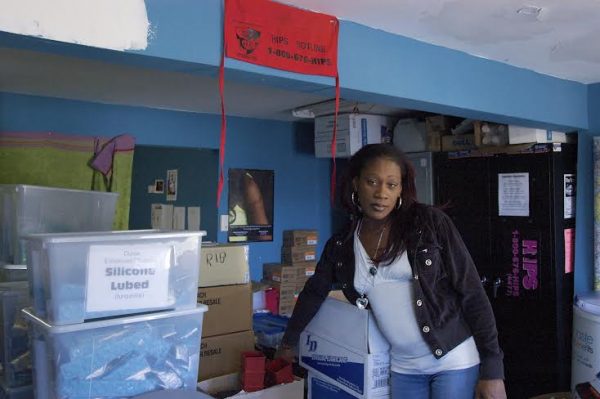
Ruby Corado:
When I got shot in 2008, she was there for me. She was there in a lot of my bad moments. That’s what people will remember about her: when anyone was going through something, she was there. She was laid-back, she didn’t like conflict. She just didn’t have hate for anybody.

Tiommi Jenae Luckett:
Sharmus was more than an advocate… She was that nurturer [who] we who know what depravity feels like actually longed for.
Sharmus quickly became the sister I had always wanted, unconditionally loving, genuine, honest and sincere. She helped me to embrace being transgender, in its totality.
Sharmus felt the only way we would be free as a transgender community was to be there for our trans youth when they were rejected by families and refused help from organizations due to bureaucratic policy.
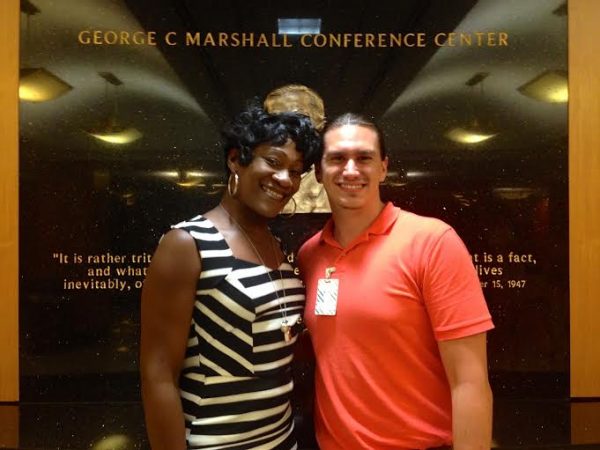
J Kirby:
Sharmus rewrites the Bill of Rights:
Several years ago in DC, Sharmus and I were acting in Torn, a sex worker rights fiction film, pretending to train a new recruit at a sex worker meeting. The scene was ad-lib, and at some point the person we were “training” asked us, “What’s the 1st Amendment?” Sharmus and I looked at each other, then realized we couldn’t contain ourselves. We started giggling and Sharmus said, “Isn’t it freedom of sexuality?”
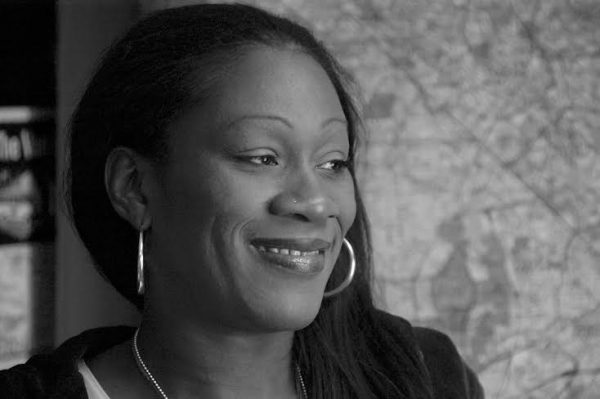
Penelope Saunders
Sharmus Outlaw was renowned for her outreach work but she also contributed significantly to the theorizing of sex worker rights through designing community-based research and developing new program designs such as the “no labels” approach to service provision at Different Avenues. Sharmus challenged the ineffective “siloing” of engagement with communities and implemented ways to engage with people intersectionally. This was especially important for communities of queer and trans youth of color.

Darby Hickey:
Sharmus was a tremendous friend and a mentor. Whether working together on community-based research, educating people on the streets about their rights, or preparing for a hearing before the D.C. Council, I have always felt lucky to be a comrade in arms with her. The discrimination, violence, and police harassment she faced only added fuel to her passion for social justice. Sharmus always saw how the adversity she dealt with was also affecting so many other people in society, and she fought not only for her own rights, but for the human rights of everyone.
Even in her final days at the hospice, she demanded respect from the staff, and we learned after she died that the hospice would undergo cultural competency training and update its policies to better support trans patients in the future. Sharmus died as she lived, changing the world. She is an inspiration and a legend.
